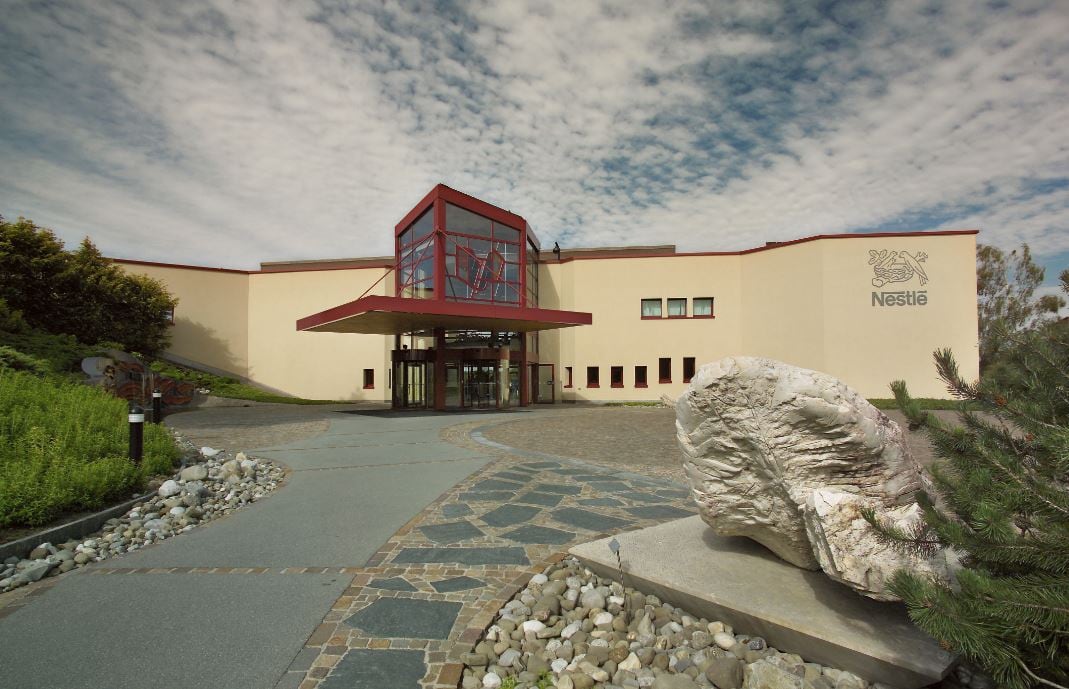The institute will employ around 50 people and include a laboratory and facilities for rapid prototyping, with a focus on ‘the discovery and development of functional, safe and environmentally friendly packaging’.
Global portfolio
It says it will research recyclable, biodegradable and compostable polymers, functional paper, new packaging concepts and technologies to increase the recyclability of plastic packaging, which will be tested in different product categories before rolling it out across its global portfolio.
“The institute will be operational mid-2019 and will be located at Nestlé Research in Lausanne, Switzerland,” a Nestlé spokesperson said.
“We expect the first results in the course of next year, as we build on the work that has already been done by our packaging experts so far.
“It will discover and examine new packaging materials in terms of safety, environmental impact and functionality, in close collaboration with other parts of Nestlé Research, e.g. in the field of safety and analytics.
Start-ups
“It will work closely with academic partners, start-ups and suppliers. New materials will then be tested and applied across categories at Nestlé’s Product Technology Centers (around 30 worldwide), before rolling them out commercially.”
The decision to create an institute is to ‘further accelerate the process of bringing new technologies to market’.
“This is a step further to achieve the company’s commitment to make 100% of its packaging recyclable or reusable by 2025,” the spokesperson added.
Mark Schneider, CEO, Nestlé, said it wants to be a leader in developing the most sustainable packaging for its food and beverage products.
“To achieve this, we are enhancing our research capabilities to develop new packaging materials. Through this, we hope to address the growing packaging waste problem, in particular plastics,” he said.

